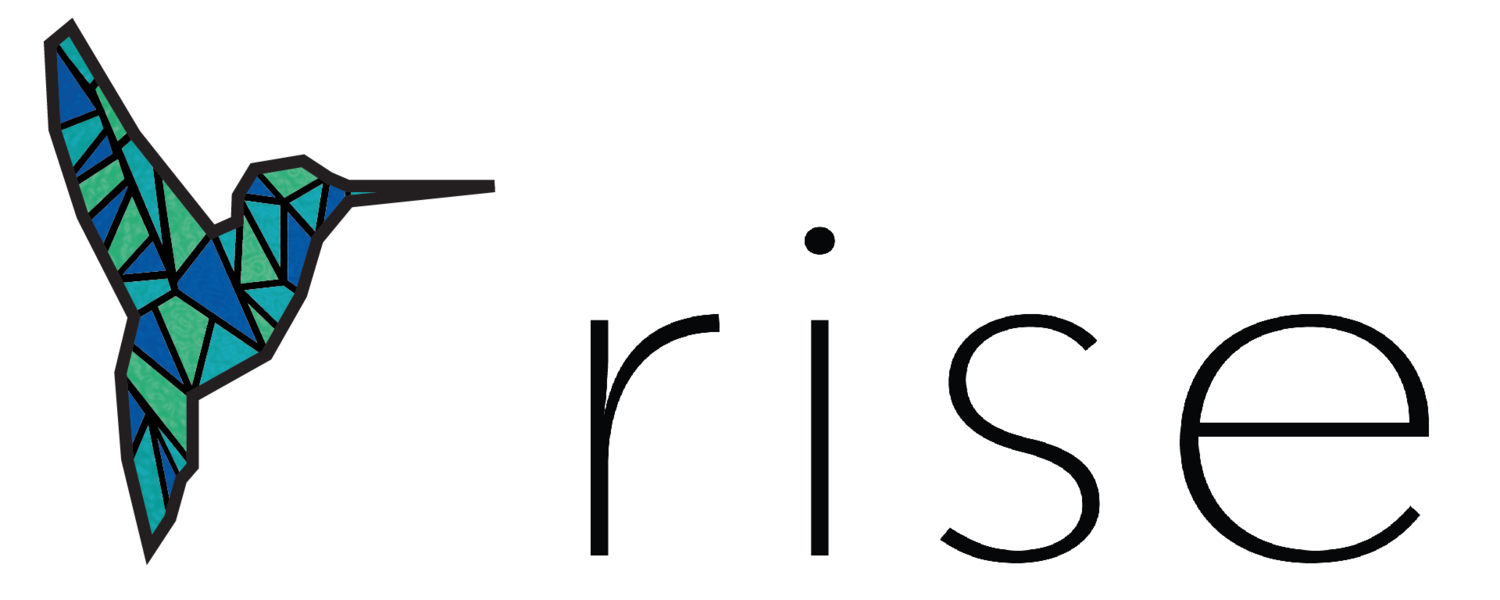The Flight: A Monthly Book Sampler (August 2019)
Andrea Humphries, our resident bibliophile (and a board member), writes a monthly post about what she’s learned from the books she’s reading. Today, she’s here with what she learned in August:
I spent August making up for the book count shortfall of July. I devoured a bunch of novels and squeezed in a handful of non-fiction, too.
By far my favourite book of the month was The View from Rock Bottom by Stephanie Tait. Full disclosure, Stephanie is a dear friend and the chances of me not loving this book were virtually nonexistent. She dismantles the prosperity gospel, showing us the real personal and communal consequences of those beliefs, especially the ones that have snuck in under the radar, and how contrary it is to what the Bible actually teaches. Then she gently, but firmly, guides her reader into forming a biblical theology of suffering — in so many ways, the opposite and counter to the prosperity gospel. Throughout, she weaves her own story of suffering and hardship, her present-tense testimony, inviting us to sit in the tension and pain without flinching away or plastering over it with platitudes and out-of-context Scripture verses. When we talk about and dismiss the prosperity gospel, we tend to go after the big names and proponents and ignore the myriad subtle ways we’ve bought into it ourselves. I deeply appreciate the way Stephanie examines those seemingly small beliefs many of us hold and calls them out. The work she’s asking us to join her in is not easy or simple, but like her, I believe it is worthy work.
The most practical book I read this month was The Bullet Journal Method: Track Your Past, Order Your Present, Plan Your Future by Ryder Carroll. I think at this point that just about everyone who frequents the internet is at least aware of the Bullet Journal. I used it years ago, but set it aside in favour of a specific planner. When that stopped working for me, after months of minimal productivity and stressing about my to-do list, I decided to go back to the Bullet Journal. And being me, since Carroll, the creator, wrote a book about it in the meantime, I decided to pick it up. Somewhat to my surprise, the book isn’t only a how-to manual; the largest section of the book is what I’ll call a why-to manual. As he points out, “The significance of what we’re doing, or how we’re doing it, pales in comparison to why we’re doing it in the first place.” I don’t think I appreciated the first time around the extent to which using a Bullet Journal invites and provides opportunities for reflection and critical examination of how we spend our time. Maybe it’s just that I’m several years older now, but that’s a major draw right now. I’ve been playing with what kind of set-up works best for me and I can’t draw to save my life, so my journal is pretty basic, but I’ve found it massively helpful in helping me actually get a grip on my to-do list and get things done.
In The Importance of Being Earnest, Oscar Wilde has a character describe the conclusion of her novel as follows: “The good ended happily, and the bad unhappily. That is what Fiction means.” My current taste in novels leans heavily toward mysteries (historical and otherwise) and urban fantasy (the weirder and snarkier the better), but most importantly, right now, I need them to follow Wilde’s dictum. Of the stack of novels I read in August, my favourites were Just One Damned Thing After Another by Jodi Taylor — time travel, snark by the bucket, made my inner history nerd very happy; Dreadful Company by Vivian Shaw — Greta Helsing, the main character, is a monster doctor, there are vampires and werewolves, Oscar Wilde’s ghost makes an appearance; and A Question of Numbers by Andrea Penrose — multiple strong women, wry wit, did you know Napoleon created a geometry theorem? All three authors will likely feature again next month since I’m currently in the middle of the next book in Taylor’s The Chronicles of St. Mary’s and I’ve pre-ordered both Shaw’s and Penrose’s next books, which come out later in September.
